For the first time in Vietnam, a “carbon footprint” tracking system for dragon fruit has been deployed in Binh Thuan province, the largest dragon fruit growing area in the country. Through the QR code attached to each dragon fruit, consumers will know the amount of carbon emissions during the production process and the quality of each product.
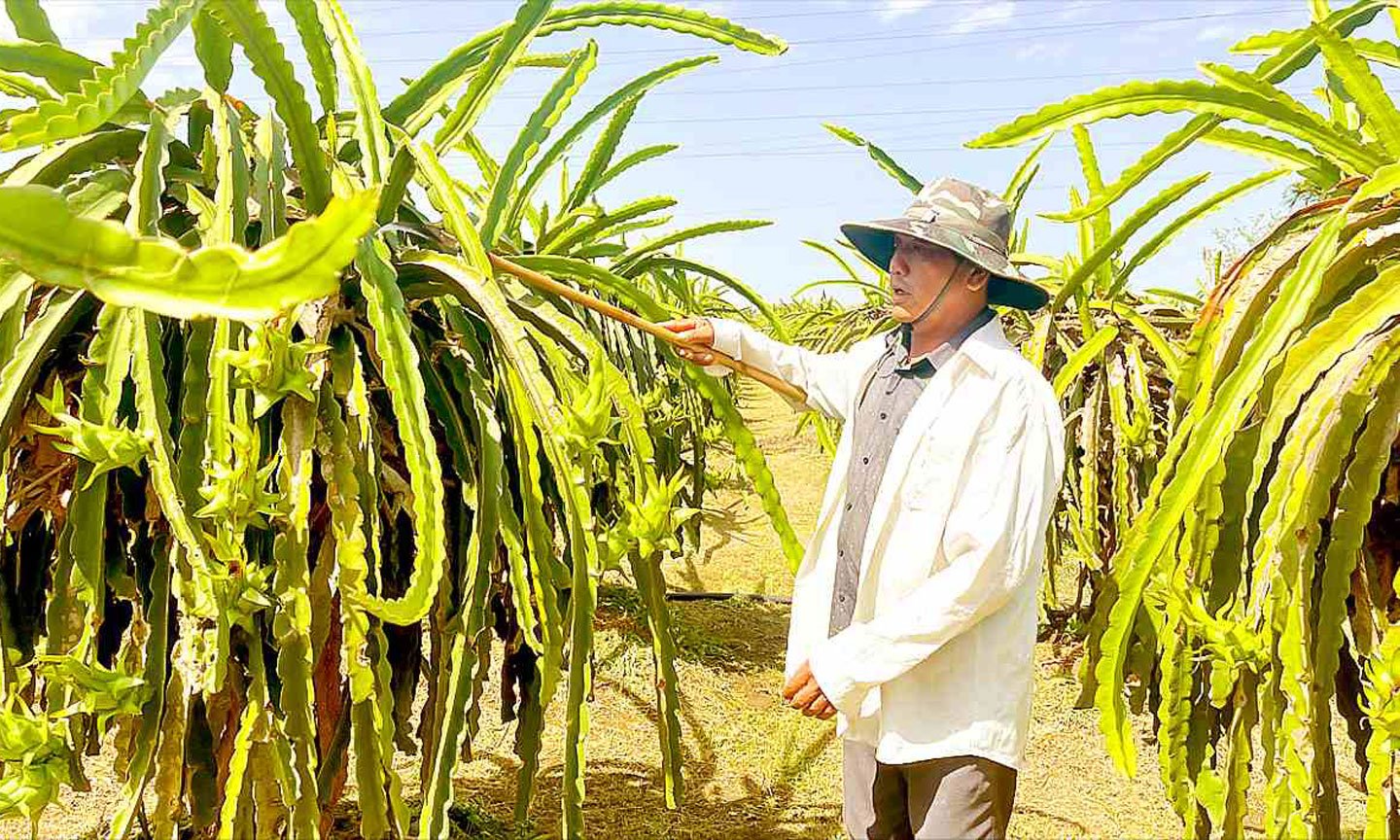 |
| Thuan Tien Dragon Fruit Cooperative (Binh Thuan province) participates in producing green, clean dragon fruit and reducing carbon emissions. Photo: NGUYEN TIEN |
Mr. Phan Van Tan, Deputy Director of the Department of Agriculture and Rural Development of Binh Thuan province, said that in the period of 2021-2023, Binh Thuan province is supported by the Ministry of Agriculture and Rural Development and the United Nations Development Program in Vietnam (UNDP) to participate in the project "Promoting private sector participation in low-carbon investment and climate change response in the agricultural sector in implementing Vietnam's NDC (Nationally Determined Contribution). The general objective of the project is to promote private sector participation in investment, support and implementation of activities to reduce greenhouse gas emissions and adapt to climate change. In particular, focusing on green and clean dragon fruit production; training and guiding farmers to convert farming practices towards sustainability and low carbon emissions.
The project was implemented in 4 cooperatives and enterprises of 3 key dragon fruit producing districts of Binh Thuan province, with a total of nearly 4,500 beneficiaries. To date, 100% of member households participating in the project have converted from compact lamps to energy-saving LED lamps; applied water-saving irrigation systems; applied electronic diaries in production; focused on producing dragon fruit with GlobalGAP certification to sign export contracts to high-end markets.
“Through the project, over 80,000 energy-saving LED bulbs have been converted, farmers have saved more than 50% of electricity consumption, contributing to reducing emissions by up to 68%; applying water-saving irrigation systems has reduced water usage by 41.67%; promoting renewable energy and green energy technology through the installation of solar energy systems for product packaging and irrigation,” informed Mr. Doan Anh Dung, Chairman of Binh Thuan Provincial People's Committee.
Mr. Phan Van Tan added that electronic traceability tools associated with “carbon footprint” tracking and smart management applications will be promoted, thereby moving towards green, clean and environmentally responsible agriculture. In 2023, the provincial Department of Agriculture and Rural Development expanded the electronic traceability software system, allowing electronic logging for major local crops such as dragon fruit, apples, durian, etc. Currently, the unit is continuing to assign relevant units to research and expand implementation on a number of other crops.
To support Viet Nam in replicating the project’s results, UNDP is working with the Ministry of Agriculture and Rural Development to propose a project to transform sustainable, low-carbon dragon fruit development in key dragon fruit production areas by 2030. The project will standardize sustainable, low-carbon dragon fruit practices, promote a circular approach, and propose financial models to replicate the model implemented in Binh Thuan province.
( According to www.sggp.org.vn )
.
Source


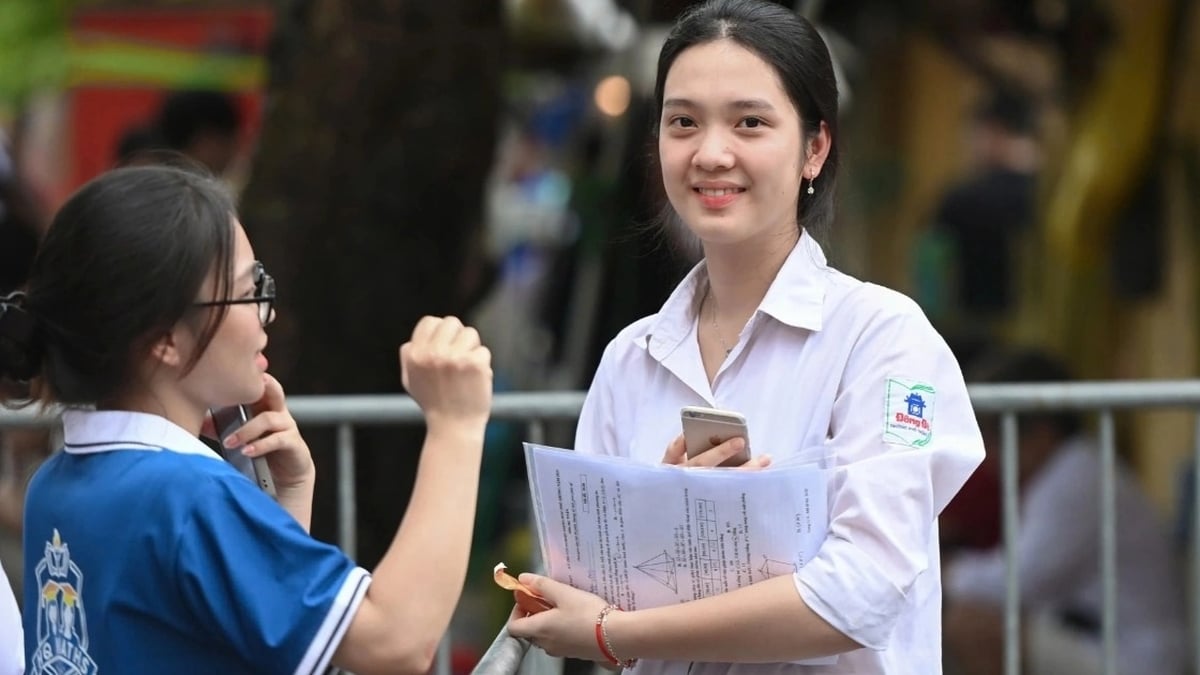
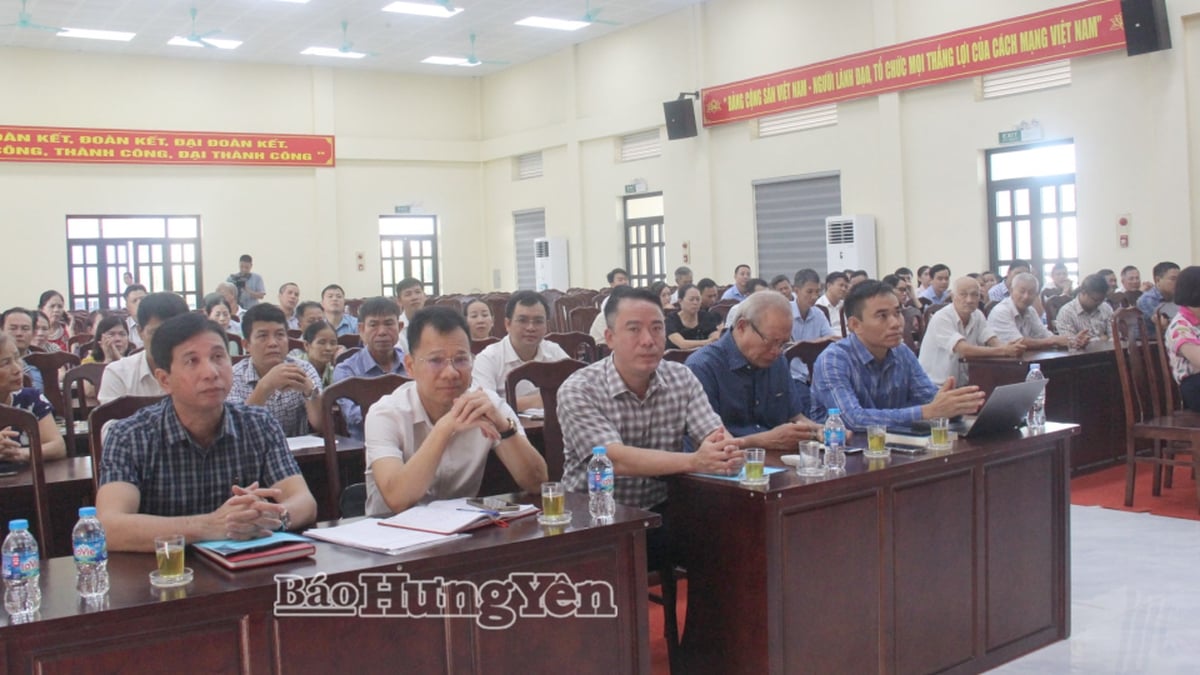
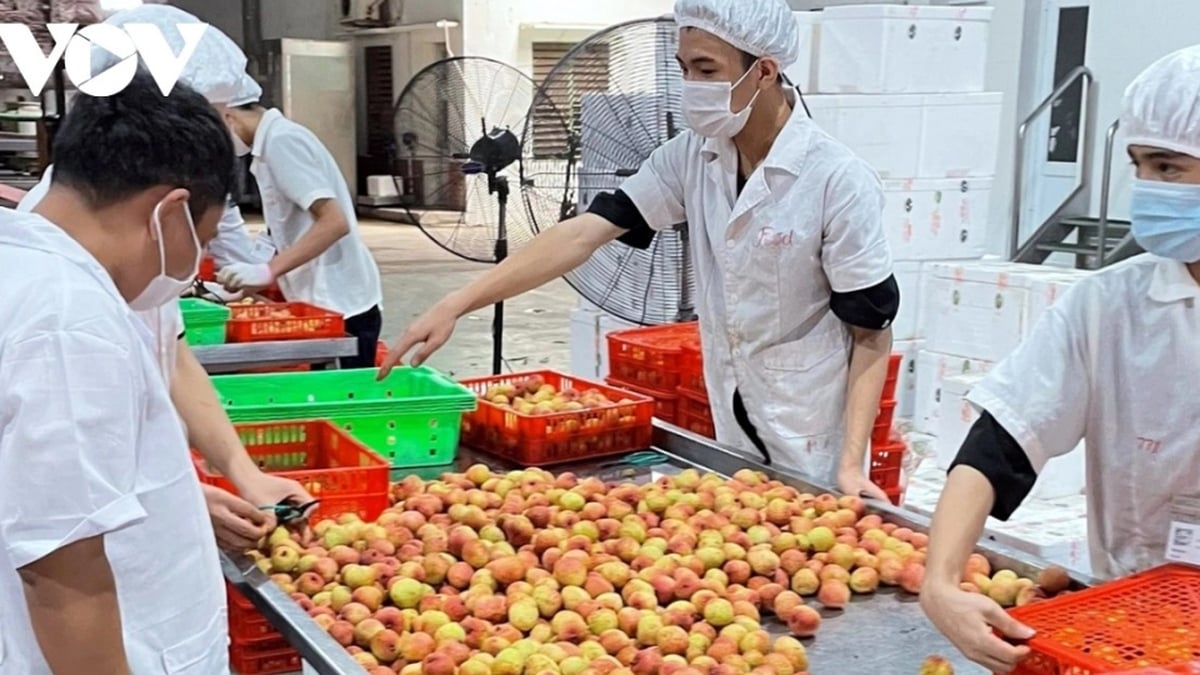
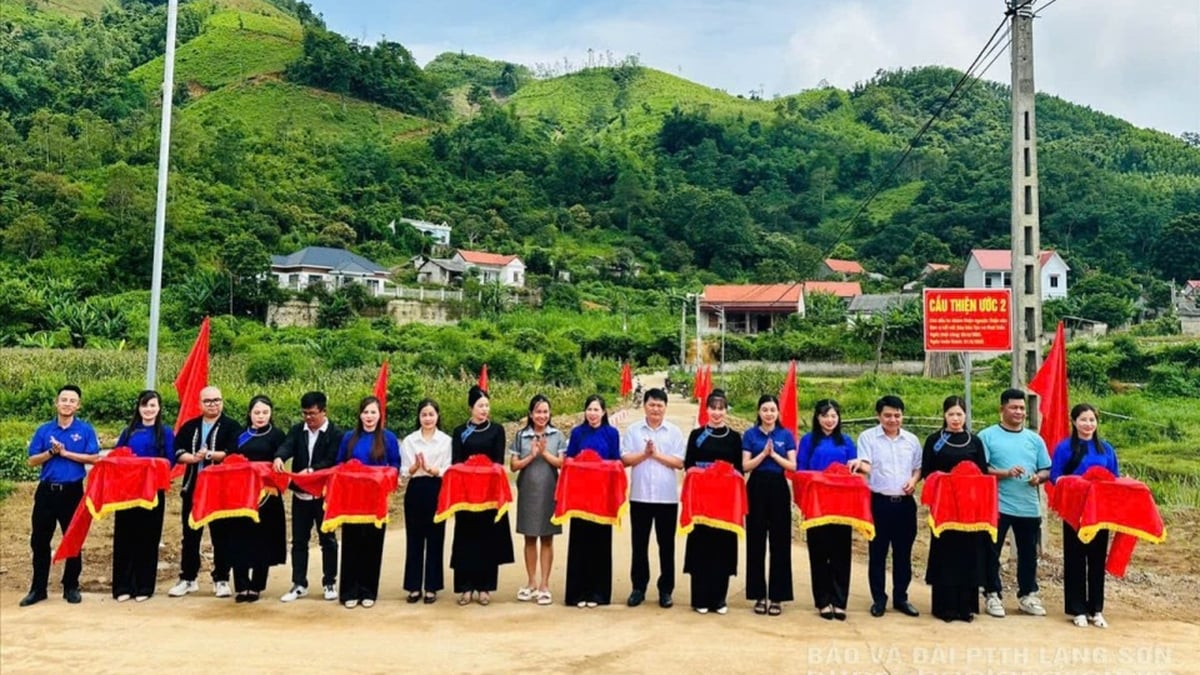
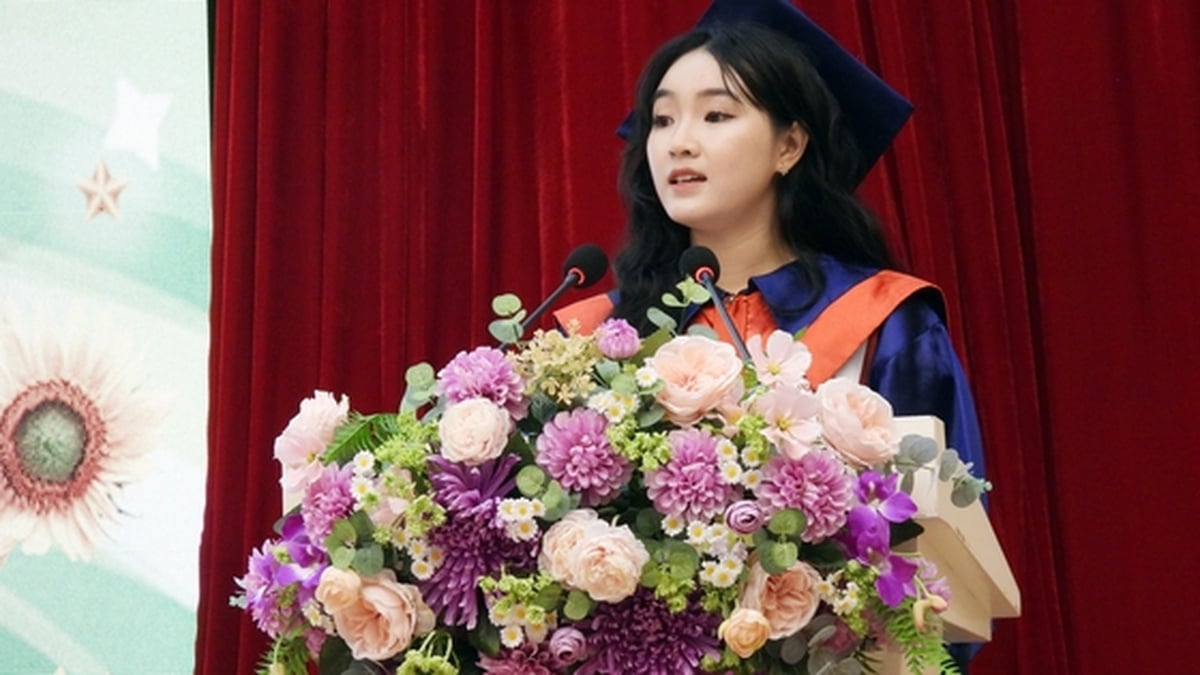


























































































Comment (0)